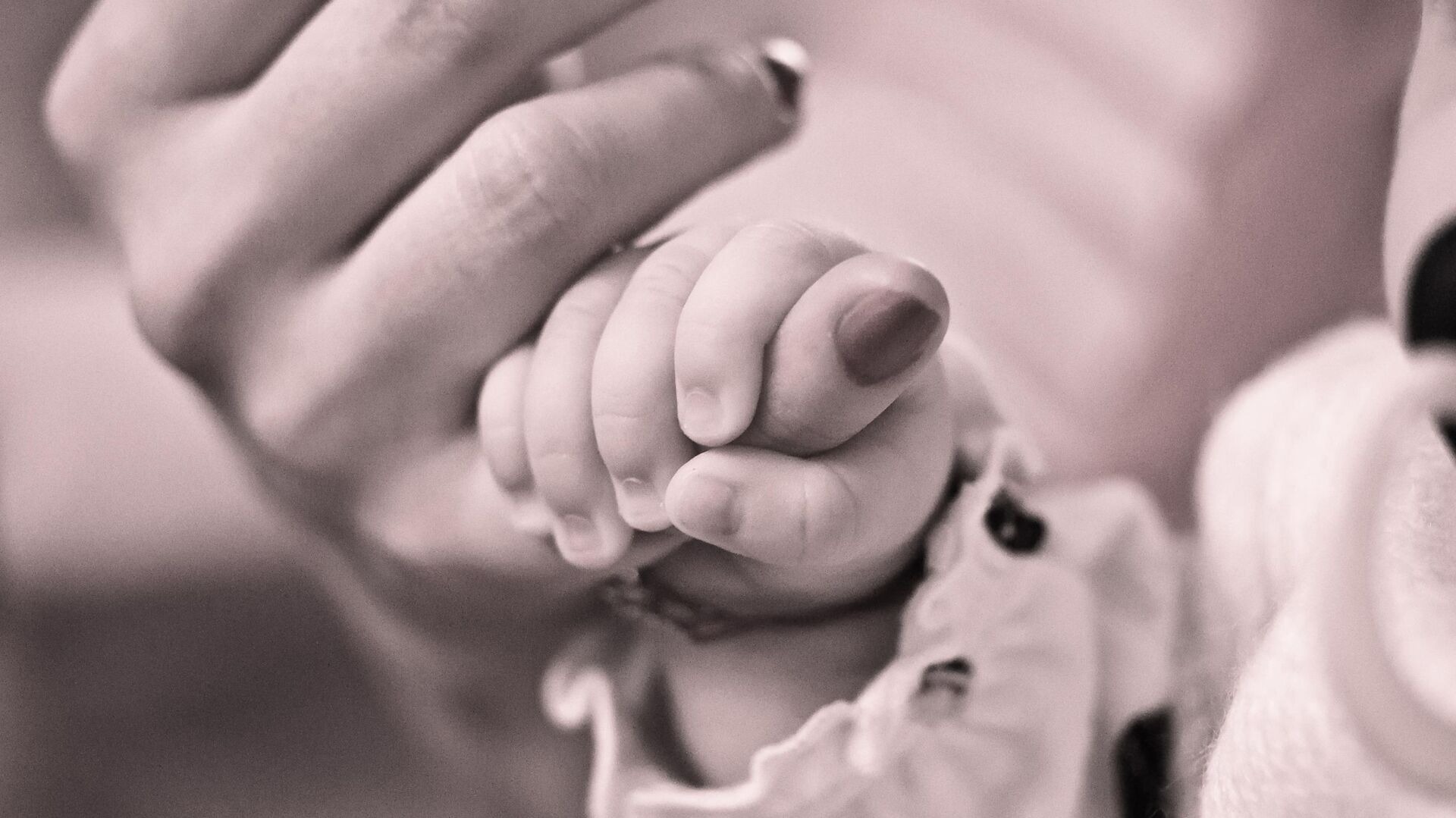Many paediatricians in India are concerned that routine vaccinations of children are becoming delayed due to the deadly coronavirus pandemic. According to doctors, parents concerned about kids contracting the virus are avoiding routine vaccinations and, in the process, they are making their children more susceptible to disease.
The second wave of the coronavirus pandemic has brought India to a standstill, pushing the non-COVID-19 treatment and illnesses to the back seat. Doctors consistently urge parents to get their child's vaccination done routinely, however, to protect them from other serious infectious diseases.
"Yes diseases which are preventable by routine vaccines are getting delayed and these children are vulnerable to additional diseases. They must take their routine vaccine at the scheduled time, stated Dr. Vinit Samdani, a pediatrician at Bhatia Hospital, in India's Mumbai city, while speaking Sputnik on Tuesday.
Just some of the basic vaccinations needed for newborns and children are measles, mumps, rubella, hepatitis A and hepatitis B, polio (oral and injectable), and DTP, among others. A delay in these important routine vaccinations could be harmful and, in some cases, fatal for a child, say doctors.
According to Dr. Nishant Bansal, consultant pediatrician and neonatologist with Motherhood Hospital, Noida, considering that the second wave of the pandemic is impacting children, immunising them, and providing a safety shield against infection is a prudent choice for every parent.
"India has made significant progress against infectious diseases such as measles, polio, rubella, and smallpox thanks to its routine vaccination programmes. By failing to vaccinate your infant, he or she will be exposed to an increased risk of contracting these vaccine-preventable diseases," he tells Sputnik.
"The primary vaccinations such as Rotavirus, Polio, Diphtheria, Pertussis, and Tetanus (DPT) and Pneumococcal Conjugate, for example, are scheduled at six, 10, and 14 weeks of a child's life and must be prioritised by parents," Bansal adds.
Since March 2020, routine childhood immunisation services have been disrupted on a global scale that may be unprecedented since the inception of expanded programme on immunization (EPI) in the 1970s.
According to Dr. Preeti Sharma, a senior consultant pediatrician with KIMS Cuddles in the Indian state of Telangana, the emphasis is now on COVID 19 vaccination, treatment, and prevention. Because of this, local immunisation and the organisation of vaccination days or door-to-door campaigns has suffered.
"Vaccination services were being provided only at the Primary Health Centers, District Hospitals, Medical colleges etc., in the early months of lockdown," Sharma tells Sputnik.
"A situation like this has a direct impact on lowering the immunisation coverage as people in far-flung areas find it difficult to visit the required health facilities (centres).Even now with almost full immunisation services available, there is a remarkable drop in routine immunisations in both government and private sector," she adds.
Sharma emphasises that, along with COVID vaccinations, existing childhood vaccinations must continue as before and their importance needs to be highlighted in the media and by the government.
Otherwise, she suggests, very soon, along with COVID, we may be facing an outbreak of these life-threatening vaccine-preventable childhood diseases.
With the right precautions and guidelines outlined by the Centers for Disease Control and Prevention (CDC) and the World Health Organization (WHO), parents can reduce the risk of contracting an infection, and make sure their child receives important vaccinations.





